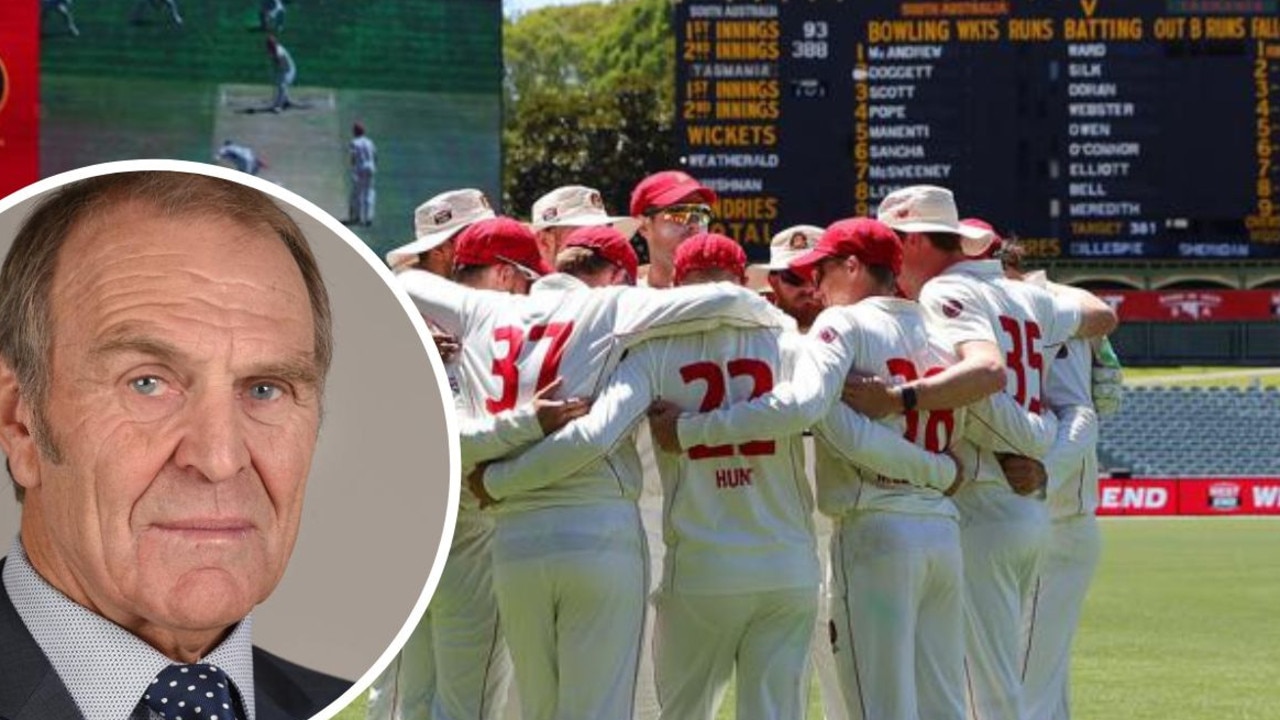Mark Ricciuto cannot be allowed to take the fall for Crows camp | Graham Cornes
He’s a Brownlow medallist and premiership hero, and Mark Ricciuto doesn’t deserve the heat he’s getting surrounding the Crows camp, writes Graham Cornes.
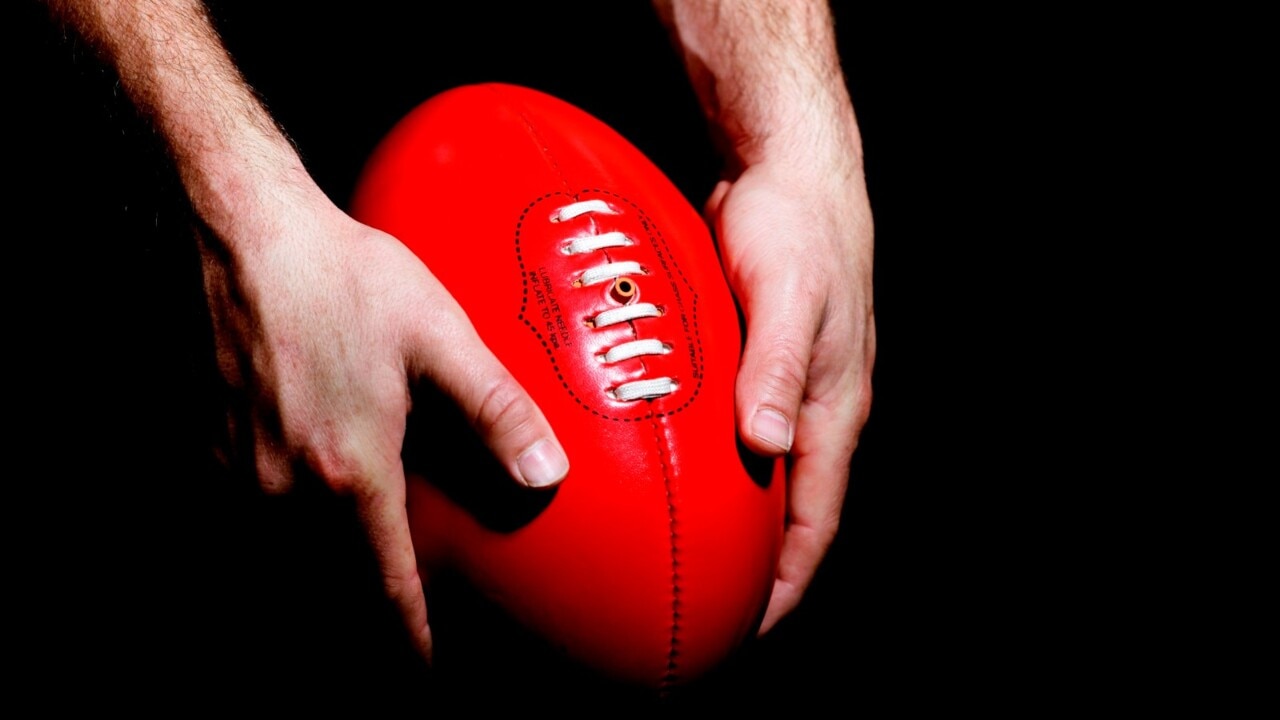
Opinion
Don't miss out on the headlines from Opinion. Followed categories will be added to My News.
Mark Ricciuto was just 16 when he committed his football future to the Adelaide Football Club.
It was 1991 but the club couldn’t sign him, or even draft him. It was one of those complicated restrictions that the Crows had to deal with in those first years.
Being from Waikerie which was in West Adelaide’s zone, he first had to sign with the Bloods, so the Crows could claim him as a zone selection at the end of 1991.
But the Victorian clubs were circling.
Neil Kerley’s greatest contribution to the Adelaide Football Club was to secure Ricciuto’s signature before the Victorian clubs who had been alerted to his talent, could swoop.
He is now 47. Two-thirds of his life has been dedicated to the Crows.
He is their most decorated player. We can argue he is their best player. Andrew McLeod’s two Norm Smith Medal’s has him in that argument.
Add in Tony Modra, Ben Hart, Shaun Rehn (after three knee reconstructions), and Patrick Dangerfield and the debate intensifies.
But no one in the history of the club has given so much – both on the field and off. He does not deserve the excoriation that he is now enduring from elements of the football media and football public.

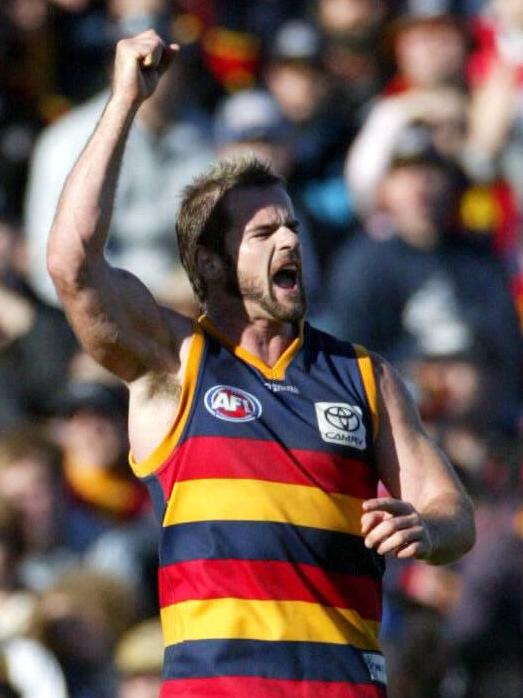
It is his role as football director on the board of the Crows that has placed him in the sights of a bloodthirsty media pack.
It’s comparable to the frenzy that accompanies the hounding of political figures who become embroiled in scandals, corruption or criminal activity.
Except nothing like that has transpired.
We are dealing with a sorry saga in which, out of consideration to those involved, only one side of the story is being told.
A football team went on a pre-season training camp. Some players loved it, some didn’t.
One published a book (co-written with an Age journalist) detailing his angst and subsequent hurt.
Others publicly denounced the experience.
Fair enough; on any training camp some will love it, others won’t. But regardless of who said what to who, the level to which the debate has descended is appalling.
Not surprisingly, it is predominantly (but not solely) the Melbourne-based media that is leading the charge.
However, the critics conveniently overlook, or blatantly ignore one important fact.
The camp and its repercussions have been thoroughly investigated, not just once but at least three times.
Once by SafeWork SA an independent statutory authority.
Then by the AFL Integrity Department which came back twice to examine the rumours of mismanagement. Its findings were not made public but it left satisfied that no professional standards had been breached.
It is trite for some to say that the AFL investigating itself is simply a whitewash.
They overlook the massive penalties handed out in recent years.
It was the AFL which, for the first time in the history of the game, had Essendon removed from a finals series for which it had qualified; imposed severe draft restrictions on Carlton for salary cap breaches; on Melbourne and Dean Bailey for allegations of “tanking”.
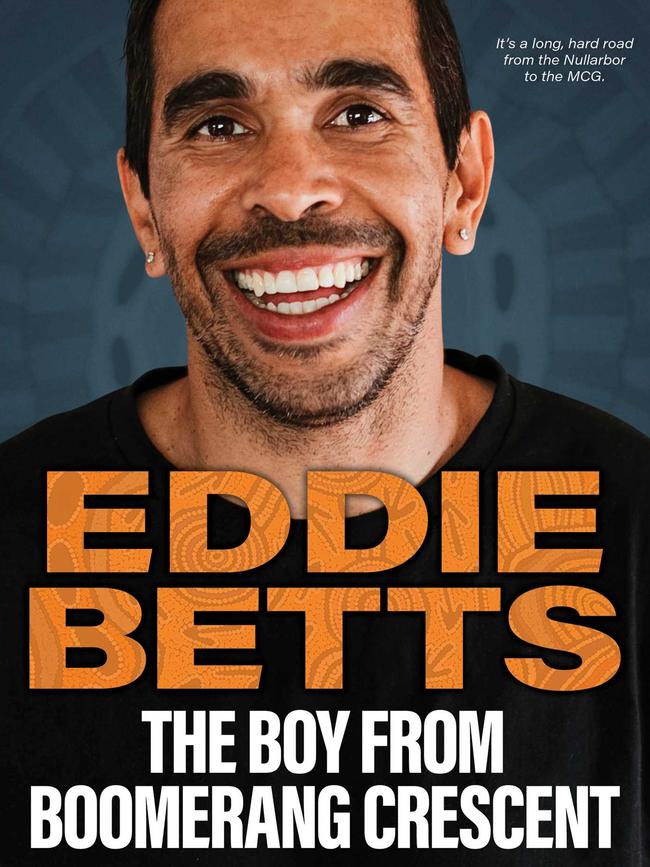
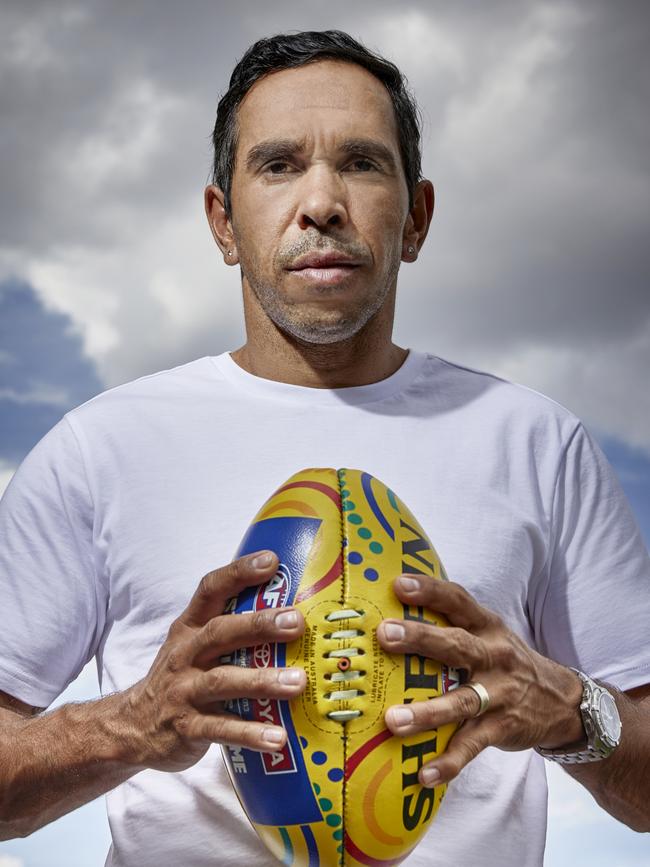
This is not to mention the massive penalties handed to the Crows, Steven Trigg and Kurt Tippett for what was a minor breach of draft rules.
There is no whitewash here. To say otherwise is ill-informed invective.
The camp was a football department initiative that the board rubber-stamped. Every key person from the Adelaide Football Club involved in organising that camp in 2018 has left. There is no one left at who they can target their malicious condemnations. So they turn on the board and Mark Ricciuto, whose portfolio is the football department.
Three independent investigations and an internal one cleared the club. There is no evidence of corporate misgovernance or malfeasance.
Therefore on what basis should a director who did not attend the camp, had no say in its processes and no executive authority over a football department and its coach then be held accountable?
Having both been on football club boards, Legends Malcolm Blight and Leigh Matthews this week in defence of Ricciuto, tried to bring some sanity to this witch-hunt.
“The board ticks off the request and gives responsibility to the football people”, said Matthews, doubting the board knew the specifics of the camp.
“The board is not in the business of micromanagement.”
Blight was equally supportive of Ricciuto.
“Why has Ricciuto been under siege”, he said on SEN.
“Give me the argument why Mark Ricciuto and the other Adelaide board members shouldn’t be there. They don’t know every intimate detail. That’s not their role.”
Much has been said about the mental health of those players impacted negatively by their experience on the camp, but there is another group who have suffered more severely.
Don Pyke, Brett Burton and Scott Camporeale all lost their jobs.
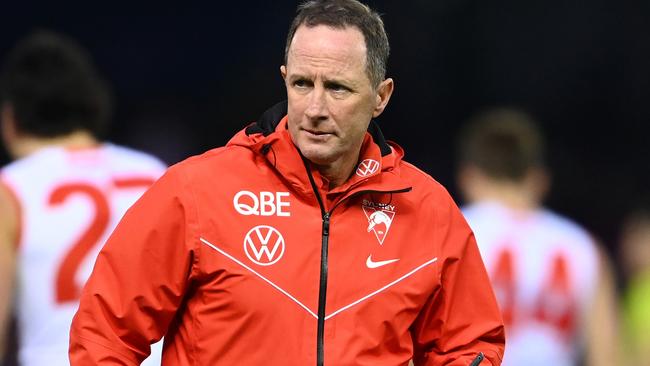
You sense there is so much they want to add to the discussion but they clench their jaws and stay silent. Don Pyke, now an assistant coach at Sydney was stopped for comment on his way into the ground this week.
He could have given a much greater inside perspective because he did the course in the same group as Josh Jenkins and Eddie Betts.
Instead it was an almost tearful apology – another one.
There was a moment on the camp that brought Pyke closer than he ever been to his senior players.
He could have referenced that but he’s an assistant at another club.
He was too considerate of his new club to further inflame the matter. So he said sorry – again.
Scott Camporeale’s service to the Adelaide Football Club can never be repaid satisfactorily. When the club was in its greatest need after the death of Phil Walsh, it was Camporeale who held the group together. He can never be given enough credit, but he too has been forced out of football. As was Brett Burton, former head of football. Those three and their families deal daily with the ramifications of contentious allegations without taking the opportunity to defend themselves. They have suffered more than any footballer but apparently mental health is only an issue if experienced by players.
One wonders how this saga will end. The Victorian media’s obsession with it and lack of balance has blown it all out of proportion. There is no one left to attack – except one. It cannot be allowed to devastate the service and the reputation of Mark Ricciuto, the club’s greatest hero.





